Date: 20 January 2011
The Netherlands will again be the partner country. Waste to Energy (w2e) will be the hot topic, focusing on Austria.
Caroline Jackson, chairperson of the EU parliament's Environment Committee, will open the event. The Waste-to-Energy session (14 April) is supported by the German Waste-to-Energy Research and Technology Council, the European Association of Suppliers of Waste to Energy Technology, and the European Federation of Waste Management and Environmental Services.
Many new EU member states are already using w2e, complying with EU legislation. Bulgaria was the first new member state against which the EC launched an infringement for inadequate waste disposal. Since July 2010, the EU has fined Poland €40.000 per day for poor waste management. Poland is now planning 11 w2e projects of which 9 have been submitted for EU funding. Czech Republic has also changed its legislation, allowing new waste incineration plants to be built next to existing ones, while Lithuania plans at least five new w2e plants and Latvia one.
‘White Book Waste-to-Energy in Austria’ will be presented by the Ministry of Environment. Mr. Foden from the Canadian Energy-from-Waste Coalition will speak about Canadian w2e history, challenges for w2e proponents, and regulatory hurdles. According to Mariusz Grabda form Japan’s Tohoku University, the major technologies in Japan for energy recovery from municipality solid waste are mass burning incinerators and ash landfilling. But shortage of landfill space, new regulations for ash vitrification, and the Japanese Containers and Packaging Recycling Law have commercialised relatively novel thermal treatment processes based on gasification and liquefaction of MSW.
What does ‘resource and energy’ mean for Europe? What is the potential and what is the share used today? Do we have an effective infrastructure to link waste with resource management? Dr. Birnstengel from Prognos will answer these questions. There will be a very interesting example from Serbia about production of bio-fuels in agro-processing. Kunio Yoshikawa from Tokyo Institute of Technology will describe the Japanese experience of producing fuels and electricity from biomass and waste resources. Waste to Energy practices in USA, Poland and Slovenia will also be discussed. ITAD, the Association of German Waste-to-Energy Plants will close the session.
Attendees will come away with a complete list of ‘Lessons Learned’ in approving environmental projects. This includes managing controversial issues, political dynamics, regulatory approvals, and liaising with local communities and interest groups.
Partners to the conference are municipality and business organisations from Albania, Bosnia & Herzegovina, Bulgaria, Croatia, FYRO Macedonia, Greece, Kosovo, Montenegro, Romania, Serbia and Turkey. They support best practices in waste management to help protect the environment.
There will also be an exhibition on Waste & Recycling and the b2b EE & RES Congress and Exhibition for South East Europe with group participations from Austria, USA, Slovenia, Spain, China, etc.
Contact Via Expo: office@viaexpo.com, www.viaexpo.com, if you would like to be part of the South East European Waste Management & Recycling Conference & Exhibition, or South East European EE & RES Congress & Exhibition.


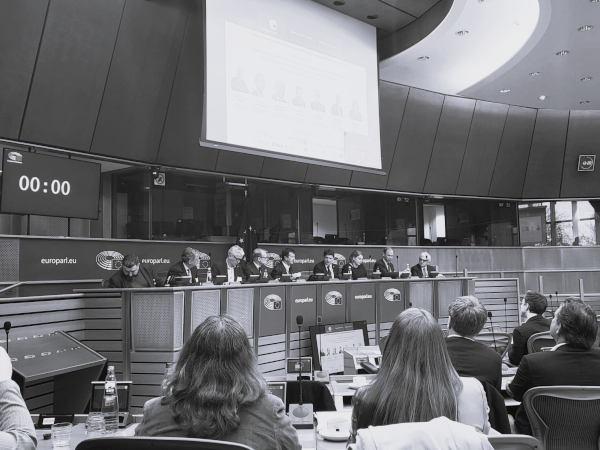
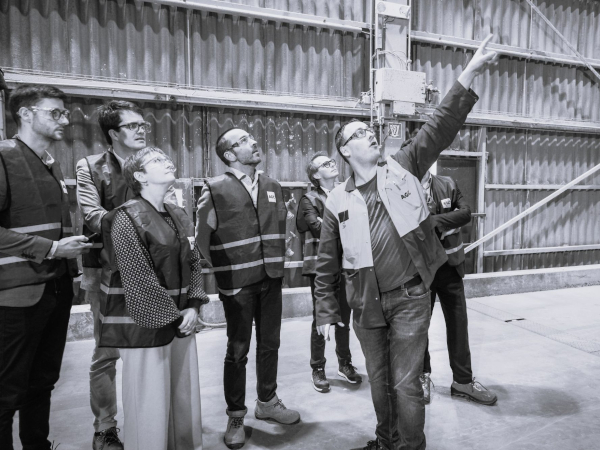
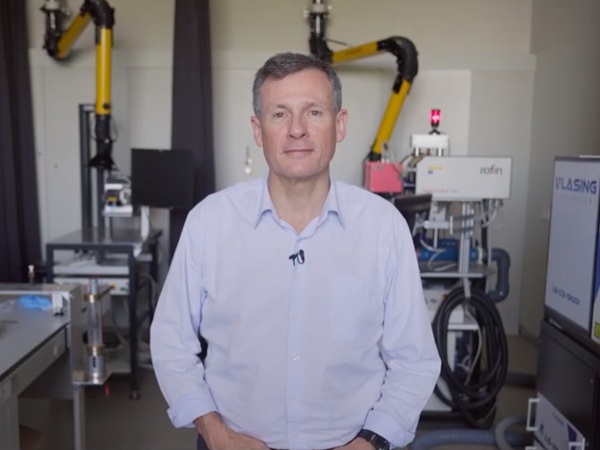
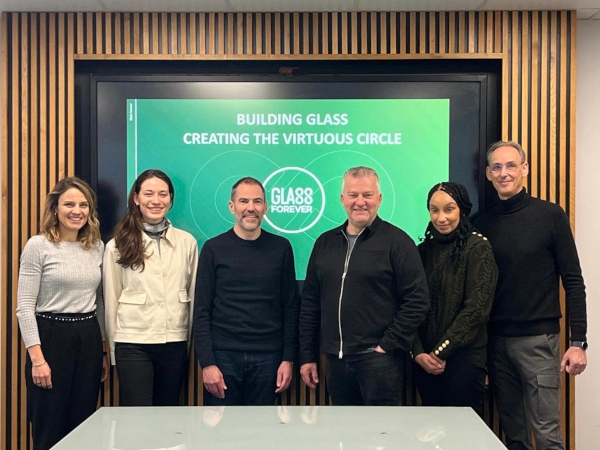
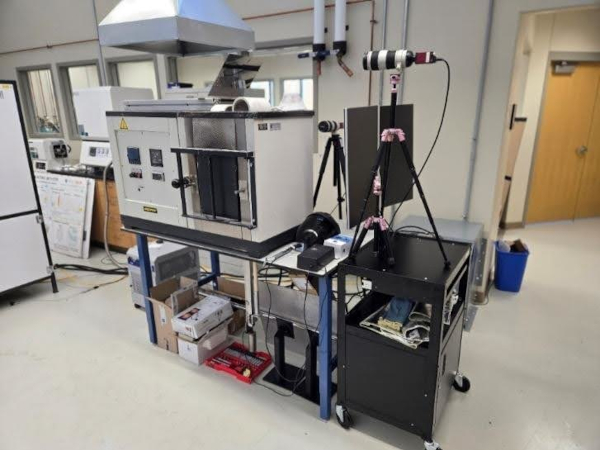

Add new comment